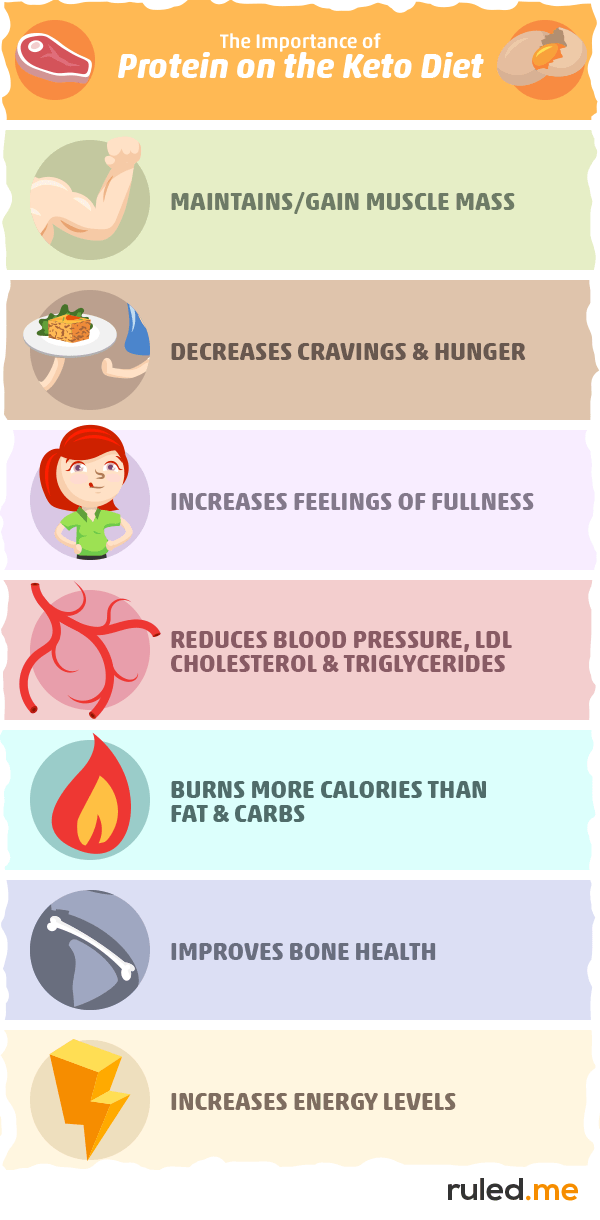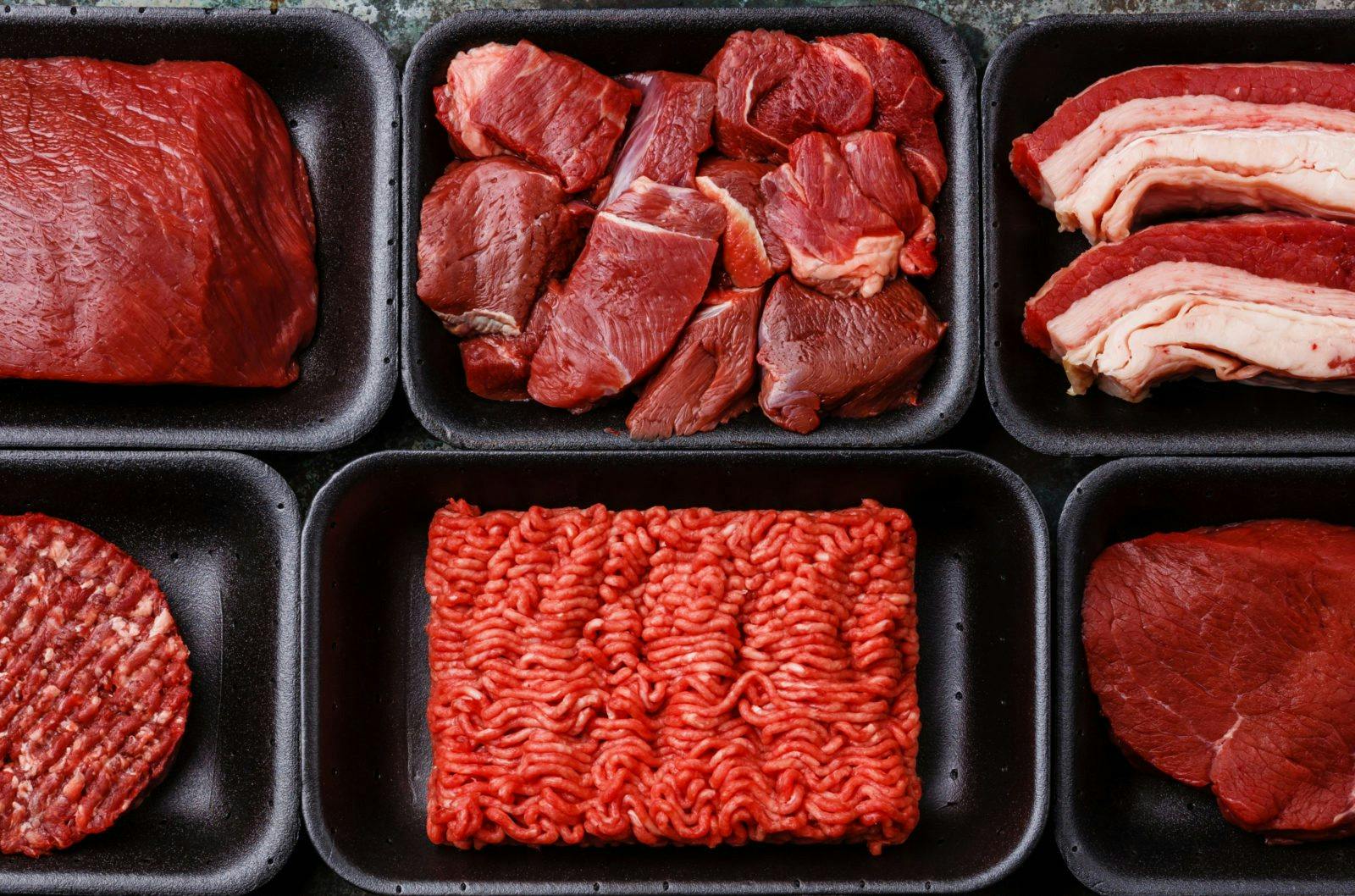Once you no longer register with 15 mmolL or above make sure your carbs are in check then slowly decrease your protein until you are back at 15 mmolL or above 5. This is a common mistake.
 Is Too Much Protein Bad For Ketosis The Truth
Is Too Much Protein Bad For Ketosis The Truth
This gives the amount of your fat.

How much protein can you have on keto. The goal is to see how much you can increase your protein until you know longer register with 15 mmolL or above on the blood-ketone meter. You weigh 180 pounds now but you want to drop to 160 pounds then you would eat 160 grams of protein per day. While following the keto diet sugar should be avoided.
In addition the scientists discovered the following within eight hours of protein intake. The recommended quantity is 07-09 grams of protein per pound of lean bodyweight. And the easiest method is to set protein intake at 1 gram per pound of DESIRED bodyweight.
Because a ketogenic diet is high in fat and moderate in protein vegetarians vegans and pescetarians can follow this lifestyle as well. Too much protein is bad for ketosis and will put your keto diet out. The amount of protein you.
Or if you want to do the math yourselfheres how you can calculate your Keto protein macros. How much protein you need on a keto diet depends on your unique body and goals. The easiest way is to use our Keto macros calculator here to figure out how much protein you need on Keto.
Taking into account the different positions among keto and low-carb experts we recommend a protein intake of 12-20 grams per kg of body weight for most people. You can then do the same for your maximum protein intake by multiplying by 1 140 x 10 140 grams which gives you an ideal intake range. Monitor your ketone levels When on a ketogenic diet tracking ketone levels and protein macros is recommended.
The liver of the participants produced about 50 g glucose presumably by digesting this protein Only 4g of the glucose formation came from the protein this corresponds to 8 The protein was not enough to raise blood sugar levels. One ounce of protein-containing food contains about 7 grams of protein. Overall this equates to 0 carbs 45 protein and 52 fat making it a great source of protein and fat for the keto diet.
Optimally experts consider an IGF-1 level of around 140 ngmL to be more protective for your health. Some people can take up to 15 protein in their diet without any effects on ketosis or gluconeogenesis. If you are sedentary consume 06 08g of protein per pound of lean body mass.
Use This To Figure Out How Much Protein You Need On Keto. This will put you into ketosis which turns your fat-burning thermostat up to the max. Because many people on keto stick to 20 g of carbs per day one slice may account for.
Depending on how much you eat in a day that would be roughly 40 grams of protein at the. Heres why. Most people on keto will limit their protein to 30-40 grams restrict their net carbs to 10-20 grams then eat an excessive amount of fat.
HOW MUCH PROTEIN ON KETO. Multiply your body fat percentage by your weight. Figure out your body fat percentage.
As sugar is a carb that means you need to limit your sugar intake too. If you are above 175 ngmL range for IGF-1 you could afford to eat less protein in your diet. Keto foods with approx.
If your goal is to lose fat increased protein consumption is a great way to approach your keto diet plan. If you are regularly active have 08 10g of protein per pound of lean body mass. You dont have to take the internets word for it either.
If youre curious about the nutrition info for BBQ spicy or other flavored pork rinds scroll down to the what to buy section Why Are Pork Rinds Keto-Friendly. Most keto dieters have no problem at all when they follow these general protein recommendations. Using the example of a 140-lb person you would multiply that number by 06 to get your minimum protein amount 140 x 06 84 grams.
As for those macros a slice of American cheese has 65 calories 2 g of carbs 4 g of protein and 5 g of fat. Not too much between 20 and 25 of your macros should be protein depending on your goals higher end for lean muscle gain. For your keto diet to be successful you need to keep your carb intake to 50 grams or less per day.
37g protein per 150 g serving These foods are higher in protein because theyre lower in fat and have practically zero carbohydrates. Your lean body mass Your weight Your fat amount from above. The most common description of the ketogenic diet is that its a very low-carb high fat LCHF diet.










